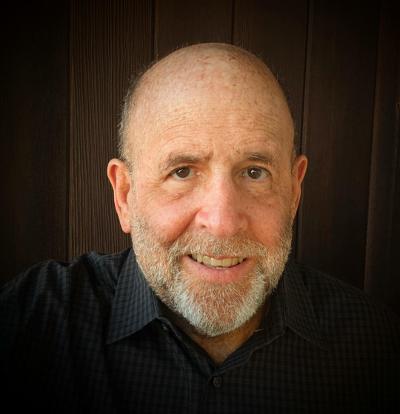
Andrew Malekoff
Personal losses and one-off cataclysmic events aside, I cannot think of any stretch of time in my life when death has been more pervasive and pronounced. The first book I read on the matter was the classic “On Death and Dying” by Elisabeth Kubler-Ross, in which she elucidates five stages – denial, anger, bargaining, depression and acceptance – that seriously ill people as well as the bereaved commonly experience.
I didn’t read another book on the subject until after I saw my father take his final breath in the hospital room where I slept next to him in May 1994. That book, “How We Die: Reflections on Life’s Final Chapter” by Sherwin Nuland, is an unsentimental collection of case studies on how people meet their end. The book opens with the quote: “…death hath ten thousand several doors for men and women to take their exits.” My father’s exit door was cancer. Apropos of today, one of Nuland’s chapters is entitled, “The Life of a Virus and the Death of a Man.”
When reading “How We Die,” little did I know that 16 years later I would be diagnosed with an incurable but treatable blood cancer, which led me to the last of the three books I read on death and dying: “When Breath Becomes Air” by Paul Kalanithi.
Whereas the first two texts are more academic, Kalanithi’s book is deeply personal. It addresses the question, “What makes life worth living in the face of death?” Kalanithi, a neurosurgeon who was battling lung cancer, died one year before the publication of his book. He wrote, “I began to realize that coming face to face with my own mortality, in a sense, had changed nothing and everything.”
These seminal books were all written by physicians, now deceased. Although they had impressive credentials, it does not necessarily take someone with letters after their name to provide support for those left behind in the face of death. Despite social media being much maligned, especially of late, I found the support strangers provide one another in even loosely organized online communities to be as rich as any conventionally published literature.
For example, on July 23 @DKeizer28 tweeted, “Today is the first wedding anniversary without my husband. We would’ve been married 36 years. It’s such a sad day being alone. Does it ever stop hurting?”
Almost 1,500 people responded. One of them echoed something that they heard President Biden say to another grieving person, “One day when you think of him, it will bring a smile to your face before it brings a tear to your eye.”
“For me one of the worst parts of becoming a widow was the heartbreak of waking up each morning to the realization that he was gone, tweeted @BarbaraAnneLew2. “It takes time, lots of time, but that level of acute and unimaginable pain lessens. The heart is designed to break then heal itself again.”
“My partner died of AIDS years ago,” wrote @BruceLHart. “There were no marriage equality laws back then so he died alone in the hospital because they wouldn’t let me in. I think about him every day. My best advice to you is it gets better. It does stop hurting, but you will always miss him. Hugs.”
@BooBooMcKeown reflected on the loss of his wife, “It is my wedding anniversary on the 30th of this month. We would have been married 38 years. Her glasses are still where she left them as is her jacket at the bottom of the stairs. She died on the 10th of August last year of cancer that went undiagnosed because of Covid.”
Finally, @@G_RaeRae stated that “sharing your story will help others know they too are not alone. I tell people to not let others dictate the length of their grief or how they grieve. It’s their journey but you can be supportive w/out trying to fix anyone. The grief ebbs & flows & 1 day it won’t drown you anymore.”






